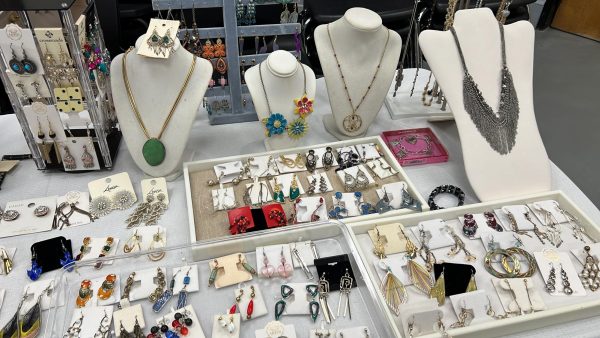Boko Haram kidnappings in Nigeria

Public domain
May 21, 2014
Almost 300 girls were kidnapped from their school in Nigeria by the Islamic terrorist group, Boko Haram, on April 25th. The group planned to sell them as sex slaves or marry them to people against their will, but recently the leader, Abubakar Shekau, said he would be willing to trade them for imprisoned militants.
This event happened in Chibok, one of three towns considered Christian enclaves in the state. The kidnapped girls were staying at the dormitories at Government Girls Secondary School. Reports by the locals suggest that the attack happened after 11 PM after the group set houses and shops on fire and looted the area. Locals also reported that the attack lasted several hours, ending at 4 AM, and the terrorists left unchallenged.
There was an indication that something was going to happen a month prior to the attack. On March 23, Boko Haram released a video threatening to kidnap school girls. The government reacted with caution, and the site of the attack was considered to be safe.
A native named Paul Gadzama, a director with Relief Missions, which works to help persecuted Christians in the area, reported that this specific kidnapping was just the most recent in a series of horrific events that these Christians have faced over the years. He also reports that, “Nothing has been done by the Nigerian government to put an end to these atrocities against the church.” He went on to state that, “we have a situation in which Muslim gunman, at will, storm Christian villages in this part of Nigeria and Christians at will, and yet, there is a state of emergency that had been declared and soldiers are in the state.”
Many different countries have stepped in to help Nicaragua fight these terrorists and bring the girls home. The U.S. has sent in manned and unmanned surveillance planes to the border, the British government pledged one of their radar equipped planes, and France, China and Israel have promised to share their intelligence. The Nigerian government itself has not invaded the Sambisa forest, where the girls are thought to be held, but they are gathering forces along the border.
While high level negotiations have been going on with the terrorist group, President Goodluck Jonathan has made sure that there won’t be a prisoner swap of any kind.
The local reverend, Titus Pona, chairman of Borno State Chapter of the Christian Association of Nigeria (CAN) was an eyewitness and estimated about 200 girls were taken from the dorms. Native Pona said that “we have been praying for the kidnapped girls and hoping that God will intervene,” and that “so far, God has answered our prayers as 20 of the girls have escaped from their captors and have returned safely.”
While it took a while for the world to wake up and notice what was going on, officials finally caught on and knew what they had to do. Eventually the news reached people like the First Lady and many other celebrities started the #BringBackOurGirls. This sign has been posted to social media cites calling to the world to pay attention to what is going on. Another video, featuring male celebrities, states that “real men don’t kidnap girls.” This social movement has informed people and kept them interested. Even after the news stops covering the problem, the world still needs to pay attention.












